On February 25th, we organized an open tool demonstration event entitled "AI-Driven Software Testing". The event was a succes: more than 80 people showed up to see the cutting-edge tools developed by the BaseCamp Zero project. For those of you who could not attend the event we created four videos (± 15 minutes each) showcasing each of the tools [Test Amplification - Fault Reproduction - Flaky Test - Resilience Testing]. Feel free to share!
Watch on YouTube!
If you need more information, do not hesitate contact us!
Watch our Gallery!
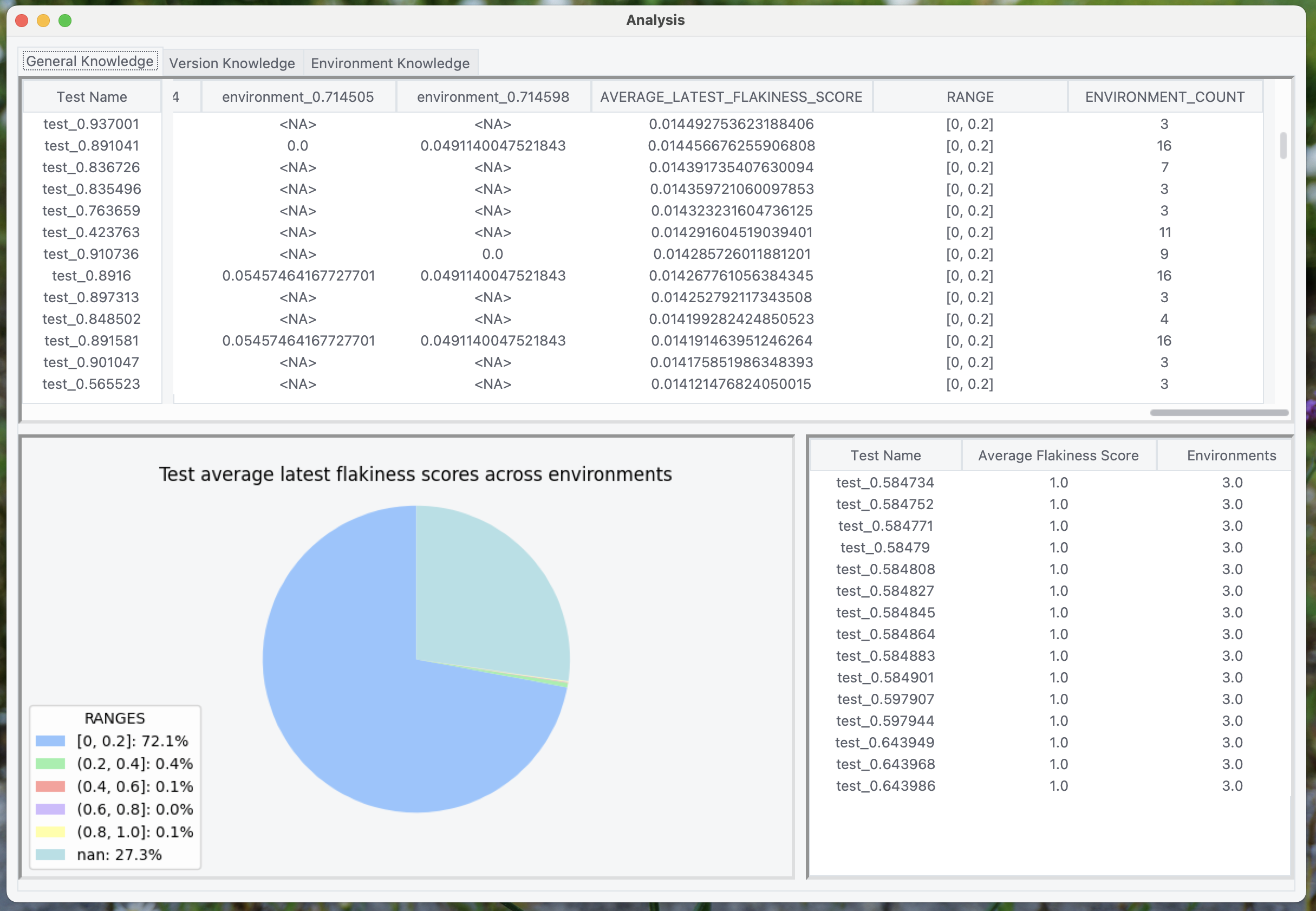 Example of the analysis window.
Example of the analysis window.
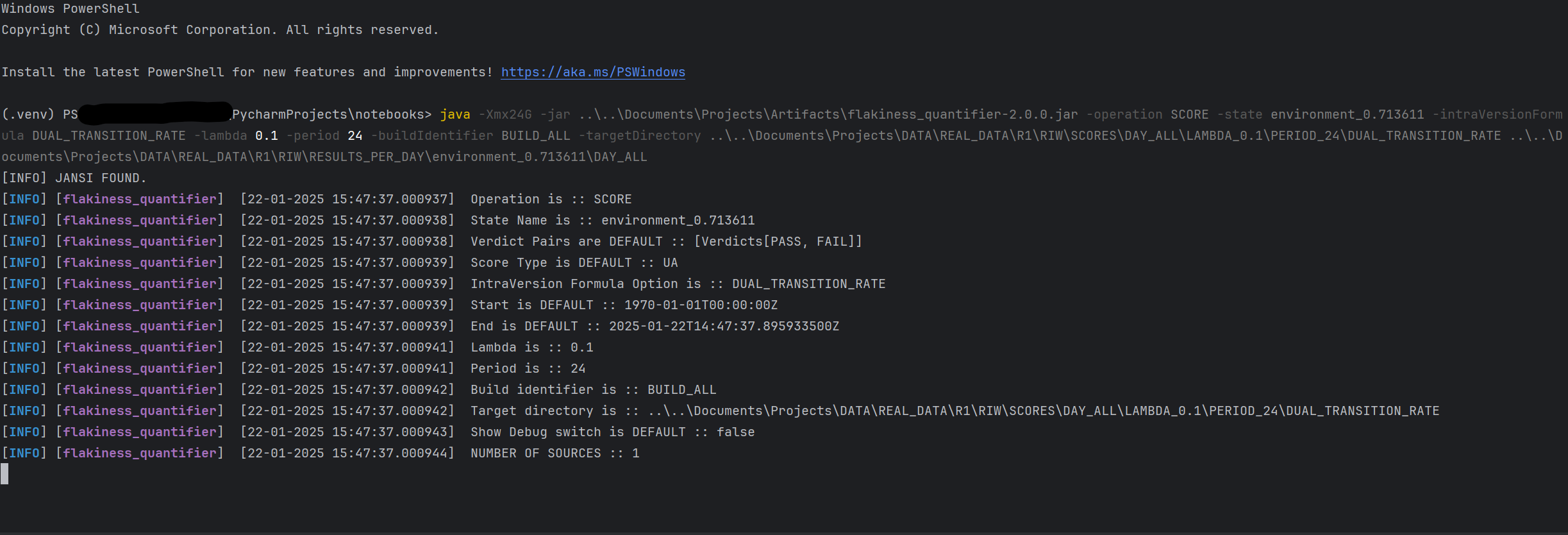 Example of running the scoring tool.
Example of running the scoring tool.
System-Focused Algorithms
Mastering the Challenge of Flaky Tests with Flakiness Score
Flaky tests—those that yield inconsistent results without changes to the code, system, or environment—are a common pain point in modern build pipelines. They disrupt testing practices, delay releases, and mask critical bugs. To effectively tackle this issue, three key strategies are normally employed: rerunning, fixing, and monitoring. Central to all these strategies is the concept of a flakiness score.
A flakiness score empowers you to:
- Assess the flakiness of each test.
- Allocate resources efficiently for fixing critical tests.
- Gain a richer understanding of your development ecosystem based on data-driven insights.
Flakiness scores also provide the flexibility to tailor strategies for your team’s unique challenges. Whether it is identifying the “most flaky test” or analysing the “most flaky version” in your pipeline, these scores are your key to crafting a custom solution that enhances efficiency and reliability.
Want to learn more?
Join us for a live demonstration of our tool. Explore how flakiness scores can unlock actionable insights and elevate your testing practices.
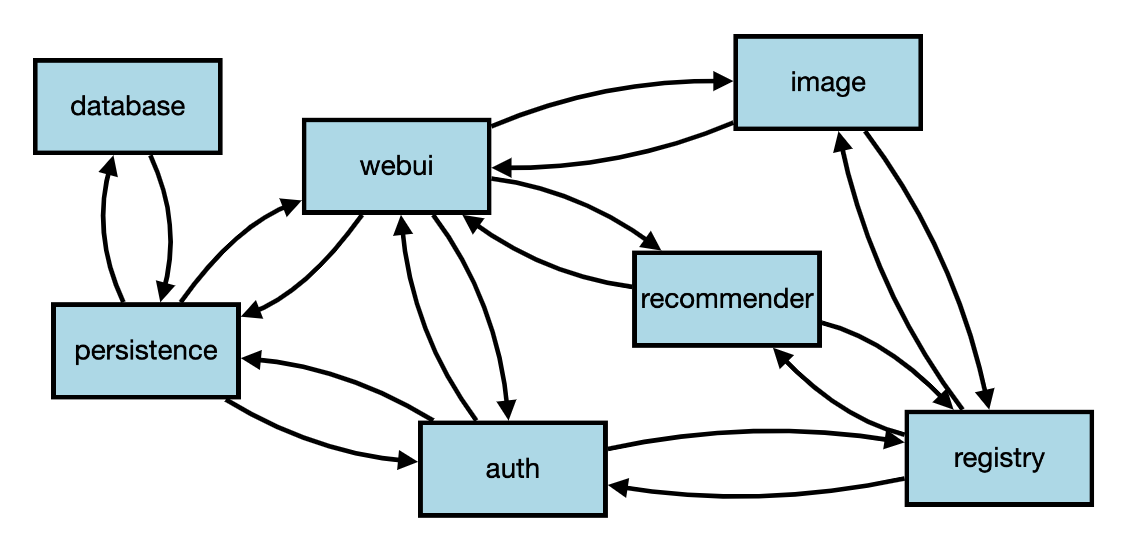 FaultTolerant interface to visualize the architecture.
FaultTolerant interface to visualize the architecture.
System-Focused Algorithms
Resilience Testing
Resilience testing in microservices involves disrupting communication channels and analyzing system responses. This may include taking services offline, modifying message values, or dropping messages. Companies such as Netflix and Google have adopted this practice to uncover system faults and improve reliability.
We developed FaultTolerant, a resilience testing tool for Java-based microservices. Users manually select which communication channel between services to perturb via a graphical interface visualizing the system architecture. Selected connections are then subjected to injected faults, affecting normal service behaviour and requiring either manual or automatic recovery.
Want to learn more?
FaultTolerant enables fault injection in communication channels and logs system responses. It supports various failure scenarios, including dropped or delayed messages, helping teams identify weak points in their systems. FaultTolerant injects failures at the service level to simulate an abrupt outage of that service and logs the system's response. By integrating resilience testing, teams can proactively detect vulnerabilities, refine recovery strategies, and enhance overall system robustness in unpredictable conditions.
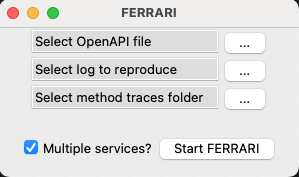 FERRARI interface.
FERRARI interface.
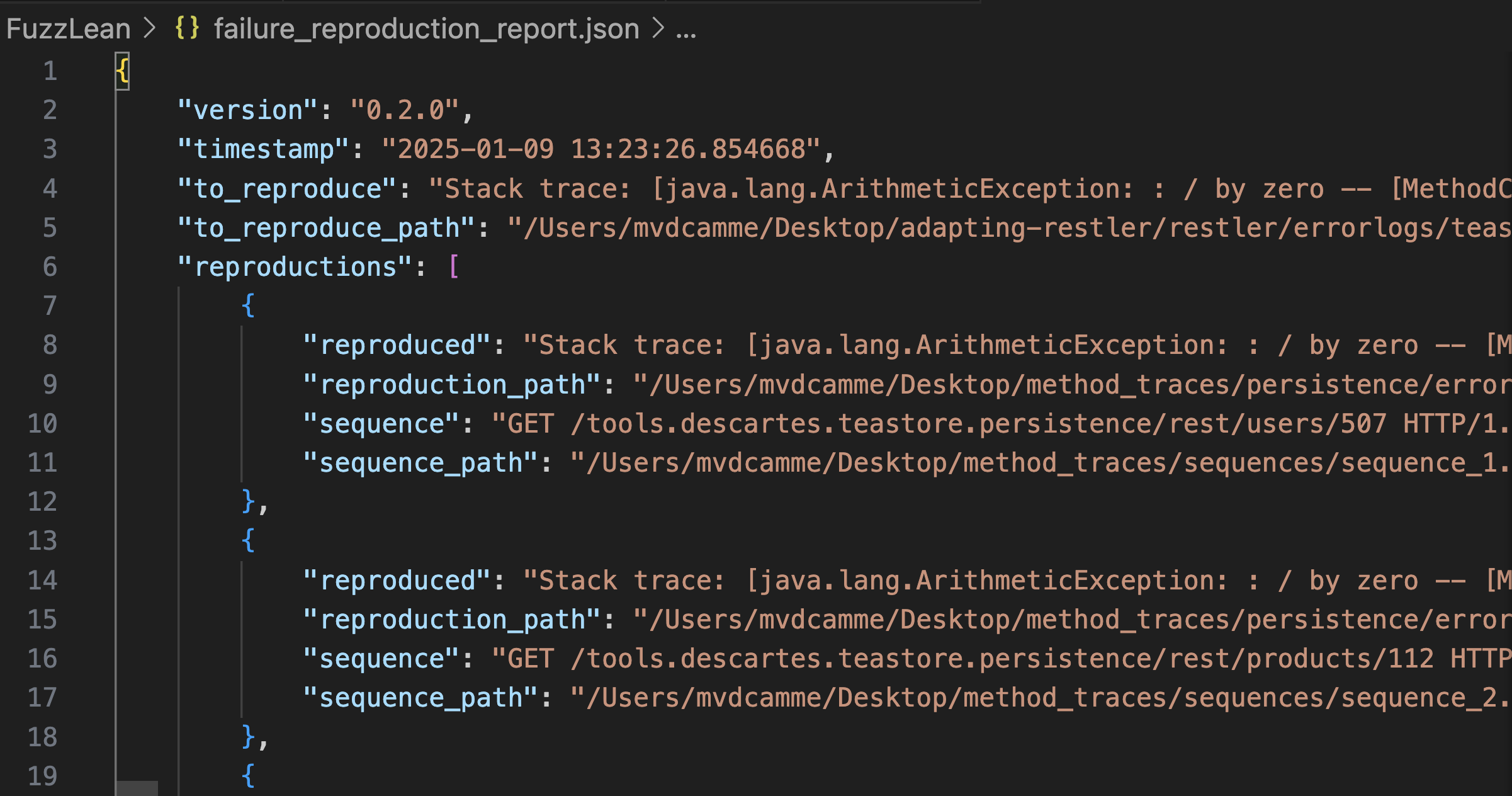 Final report provided by FERRARI.
Final report provided by FERRARI.
Test-Focused Algorithms
Fault Reproduction
Debugging microservice applications is challenging due to their distributed nature and their often elaborate APIs. Often, errors are triggered by a sequence of particular API requests, each carrying specific payloads. Manually finding the root cause of these errors is complex and time-consuming.
FERRARI simplifies this process by automating failure reproduction in microservice applications. It accepts three inputs: the OpenAPI/Swagger specification of your API, the stack trace from the failure, and configuration details for fetching method traces (logs of methods invoked while processing an API request) from the application.
Through an automated feedback loop, FERRARI generates API request sequences, compares the corresponding method traces to the target stack trace, and prioritizes those sequences that most closely match the given stack trace. When the failure is reproduced, FERRARI outputs a detailed report showing the exact sequence of API calls that triggered the error.
Ready to see FERRARI in action?
Explore how it can revolutionize your debugging practices and enhance the reliability of your microservice applications. Its user interface allows easy configuration by accepting the OpenAPI specification, stack trace, and method trace settings, delivering a streamlined and efficient debugging experience.
Test-Focused Algorithms
Revolutionizing Test Automation: Test Amplification
Test amplification is a transformative approach that enhances and extends existing test suites, driving deeper insights and greater software reliability.
Leading tech giants like Facebook and Google have demonstrated the power of test amplification through large language models. They achieved substantial improvements in unit test coverage. Inspired by these advancements, our team has refined these techniques to focus on REST API coverage in cloud applications. Our results not only confirm the findings of previous studies but also reveal significant improvements in API-level coverage, highlighting the potential for more robust and efficient testing processes.
By leveraging large language models, our method accelerates the test automation process, enabling faster iterations, higher-quality software, and reduced time-to-market.
Are you ready to transform your test automation process and gain a competitive edge?
Join us for our tool demonstration event, where we will showcase how our cutting-edge techniques work in real-world scenarios. Discover firsthand how test amplification can revolutionize your development pipeline and deliver measurable results..